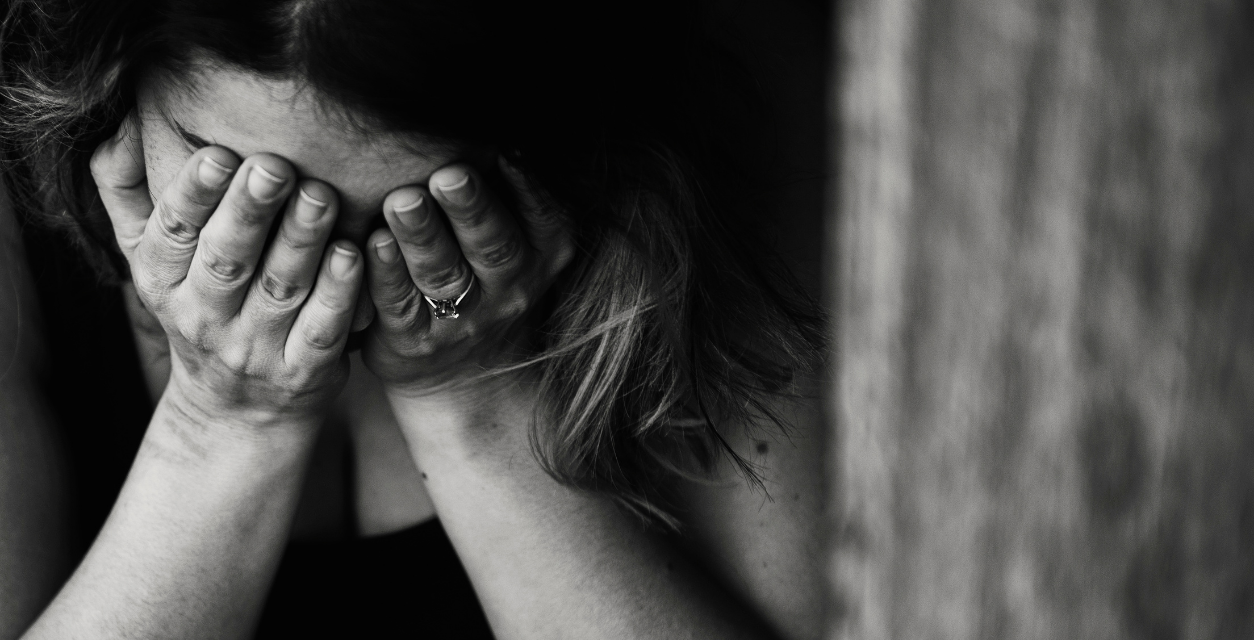Grief and loss, two of the naturally most feared emotions we can experience. When it comes down to it, people will go to great lengths to escape these feelings and avoid drowning in them. Often times, these feelings are crushing and overwhelming, and it can seem impossible to escape the shock, sadness, anger, disbelief, or guilt that bubbles to the surface after a loss. Coping with these feelings is a lifelong struggle that often requires adjustment to adapt to the loss you’ve suffered.
One of the most important things to remember about grief is that it’s a personalized experience. There is no “right” way to grieve or a “normal” amount of time one should grieve for a loss. It’s important to have patience with yourself and patience for those around you going through this process. Despite the personalization of this process, there are some things that are universally considered healthy throughout the grieving process:
- Acknowledge and accept your pain – Trying to ignore or hide your pain won’t help lessen it, it’ll only make things worse over time. You must face your feelings and try to understand the flood of emotions to accept it and try to work towards moving forward.
- Be patient with yourself and your surfacing emotions – Grief can often trigger a cascade of unexpected emotions. Try to keep in mind that these feelings are just as valid as your feelings of sadness and loss. Be patient with the influx of these emotions, give yourself as much time as you need, and don’t feel pressure to act “strong” when faced with a loss. Letting out your emotions is a healthy way to cope.
- Take care of your physical health – There is a direct connection between the health of your mind and body. Support yourself emotionally by staying physically healthy and getting enough sleep and exercise. Even if it seems impossible, doing your best to avoid added stress and worry can greatly help with your emotional coping.
- Don’t be afraid to lean on those around you – People who love you are there if you need it. Seek out support from others, don’t isolate yourself from those who care.
There are many outlets for support when it comes to dealing with a loss. Friends and family members will always be there to support the people they love through difficult times. Many times, people don’t know how to help, so let those around you know what you need or expect from them. Give them the opportunity to support you. If you believe in a religion or faith, spiritual activities and others in your community can be a source of strength during your healing process. There are also numerous support groups, therapists, and grief counsellors you can join or visit to help you confront your feelings and accept what has happened. There is no right way to grieve just as there is no right way to process your loss, but there are ways which are healthier than others.
Remember: you don’t have to accept your loss or work through your grief on your own. People are out there who want to help and support you through this process, you just have to give them the chance.













